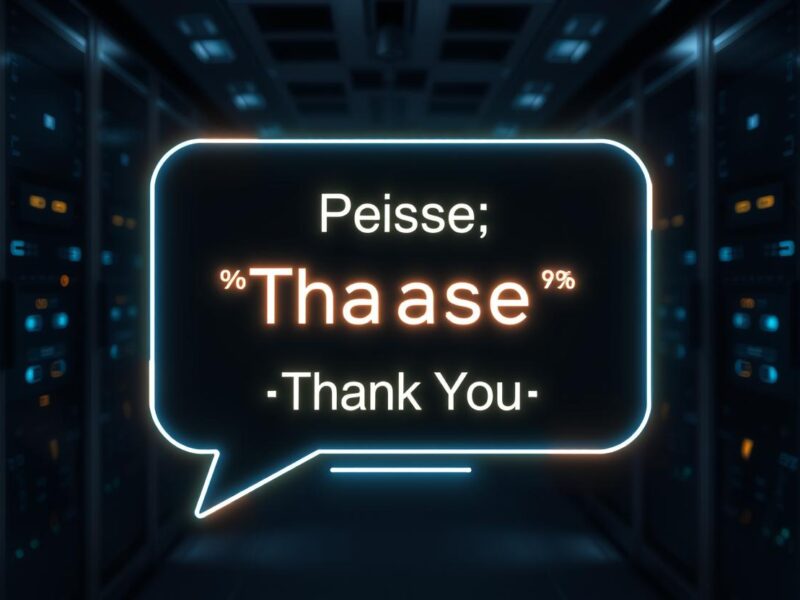In a revealing disclosure, Deezer has shared that a significant portion of its daily music uploads—18%, to be precise—is now generated by artificial intelligence. This translates to approximately 20,000 tracks each day, a figure that underscores the rapid infiltration of AI into the creative domains traditionally reserved for human artists. The platform, which has been a notable alternative to giants like Spotify since its U.S. launch in 2016, finds itself at the forefront of a broader industry conversation about the role of AI in music creation.
The ability for independent artists to upload their music directly to streaming services like Deezer has democratized music distribution, breaking down barriers that once favored those with record label backing. However, this openness also paves the way for non-human creators to flood the platform with AI-generated content. Deezer’s introduction of an AI detection tool in January 2025 was a step toward managing this influx, yet it also highlights the ongoing debate over the legitimacy and place of AI-generated music in the streaming ecosystem.
The controversy extends beyond Deezer, with Spotify users reporting similar issues of AI-generated tracks appearing in personalized playlists. While Spotify has taken action against blatant copycats, the company’s stance reflects a broader industry ambivalence: if AI-generated music is created legally and finds an audience, should it not be allowed to thrive? This question sits at the heart of a larger debate over copyright, creativity, and the future of music in the age of artificial intelligence.


